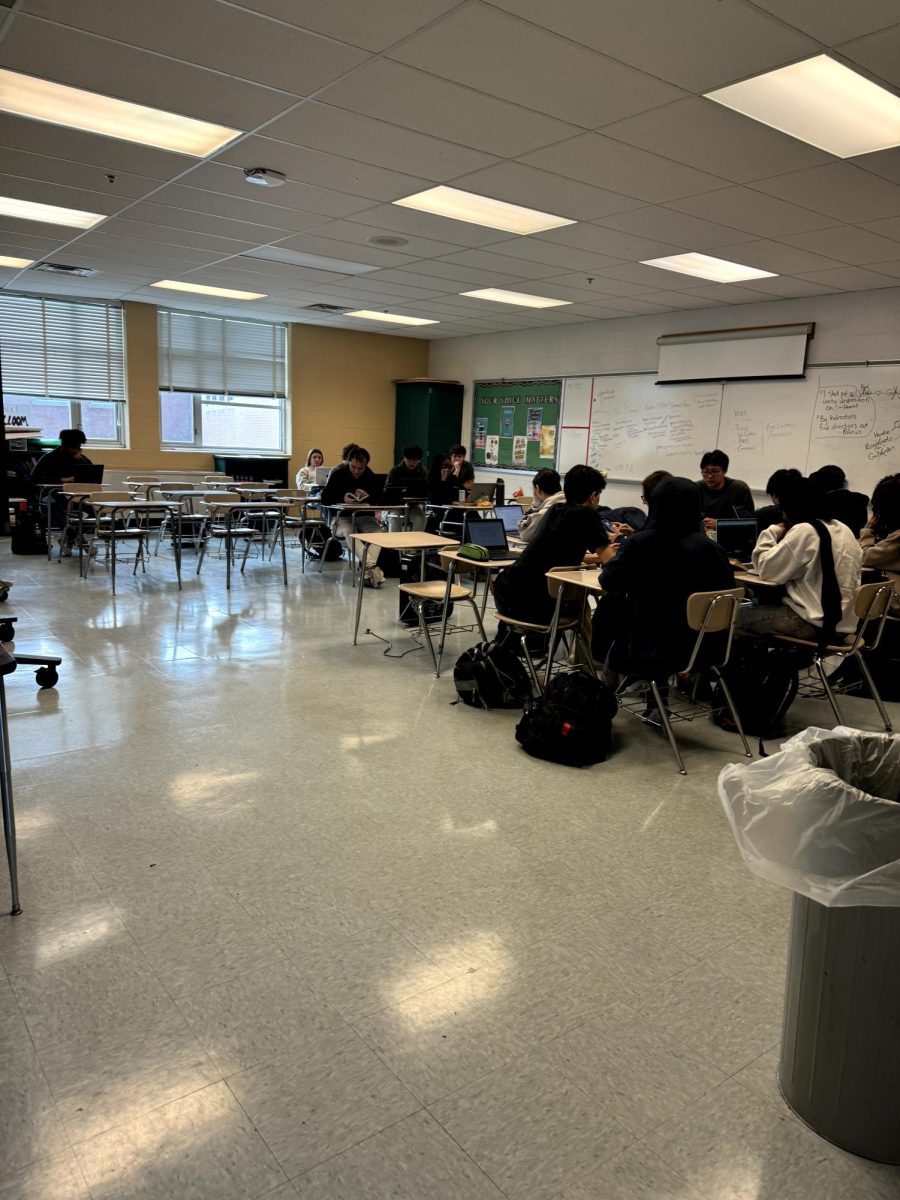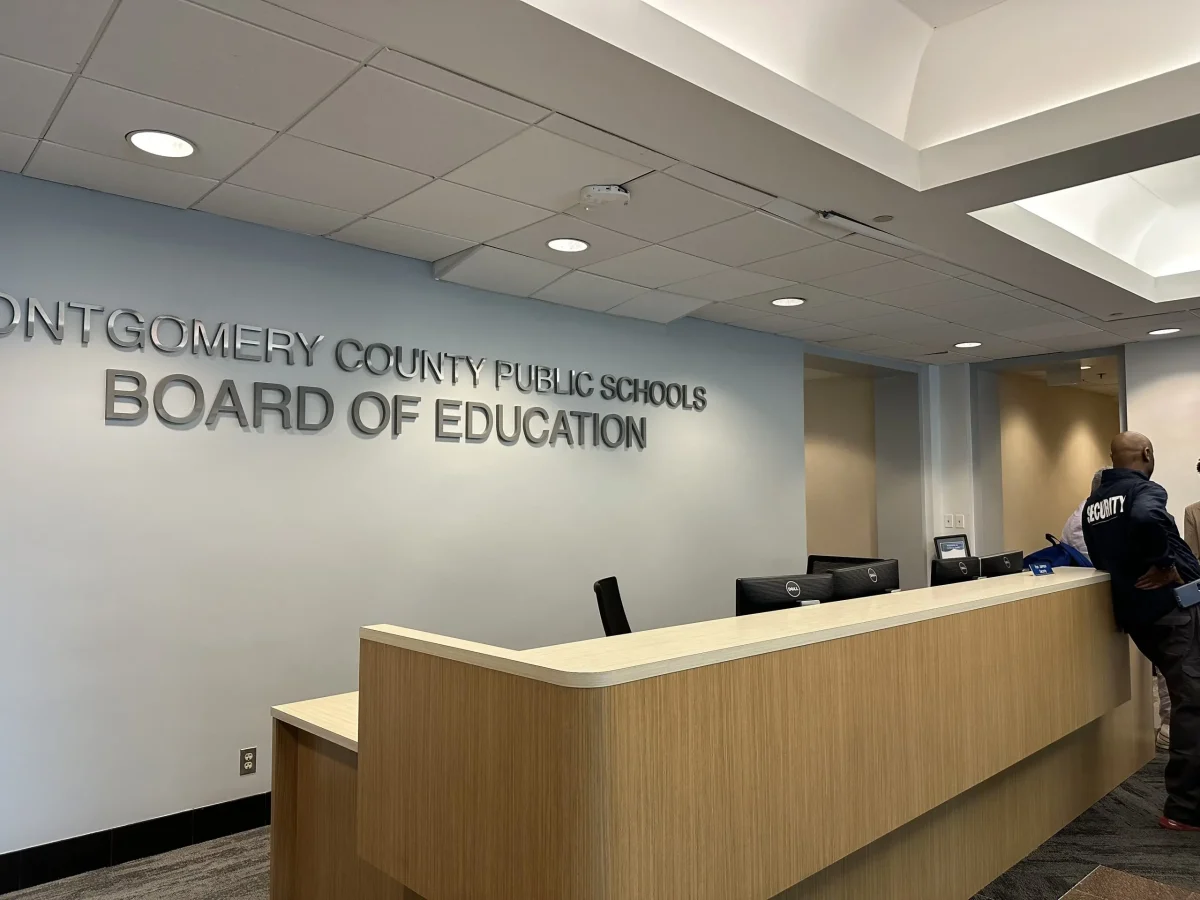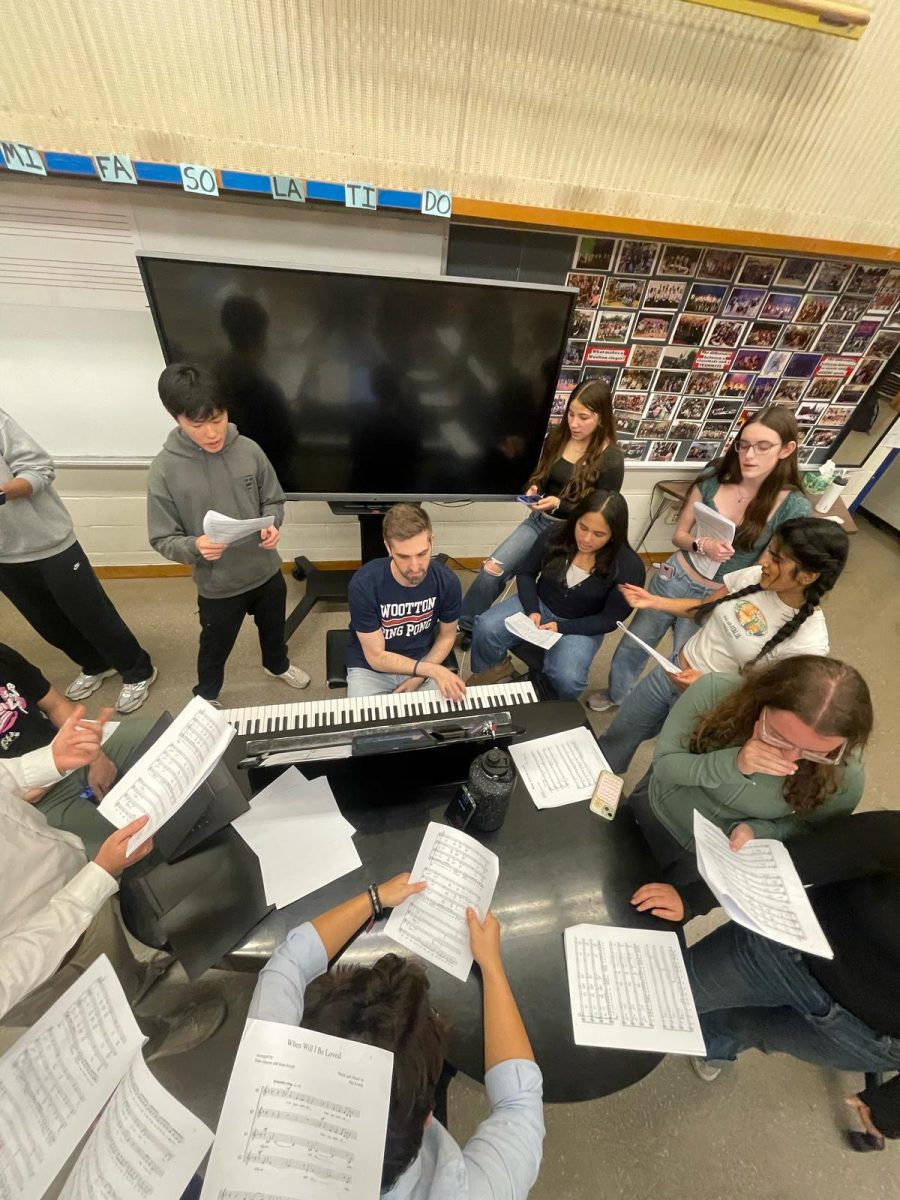The American public education system guides our students to memorize material for a standardized test instead of teaching them to enjoy learning. Much of this material will be irrelevant in the student’s future and current normalities leave students tired, bored and stressed, without teaching them multiple of life’s most essential skills.
It’s true that students are often unsure of what they want to do with their futures, so presenting them with a variety of topics allows them to see what they enjoy. Locking students in on an area of learning as soon as they join high school is not good, but allowing them the choice of what classes they take, specialized or broad, once they have a basic education in each subject would incline them to be more attentive to and care more about what they are learning.
Multiplication and division are necessary skills to be a functioning member of society, but do we need all citizens to be forced through a high level of algebra? A skill that almost all of them will never use in their daily life or career, yet a requirement to graduate around the country.
You can’t ask a fish to climb a tree or a monkey to swim across the ocean, so how can you ask so many different types of people to complete the same tasks? Numerous students have their own skill sets figured out by the time they start taking more advanced classes, so why do we make them learn content they’re not interested in and won’t need?
The school system is designed to serve a large plethora of people, and in doing so provides everyone with a basic level of understanding, rather than a much smaller amount of people with specialized training. Offering students the ability to join more specialized classes or training earlier, if they are aware of what they want to do, would allow them to become more advanced and possibly even get to a position earlier. This choice would not have to be binding but would educate students more on specific topics earlier, possibly allowing them to take a break or gap year before they enter future education or the workforce.
Studying to a test makes it easy to identify the level students learn at and their proficiency in a topic. Additionally, putting students through harder classes teaches them to learn and adjust to the environment they are put in, regardless if they will use the specific content being taught.
However, studying to a test teaches students to memorize information for a short period of time; to pass an examination, and then move on. They need to get rid of this information to ensure they have room for the next, as tests are frequent and on large amounts of information. Plus, countless students will never need to know this information, as it has nothing to do with what they want in a career. If we designed courses to have students truly learn and comprehend information instead of just memorizing it, we would create a more educated society.
Nowadays, “Is this graded?” is the most common question you’ll hear in a classroom. Students have no inclination to learn, so long as the material isn’t graded and won’t be on the next test. If we presented them with the information they were genuinely interested in, they would not only want to do the work but would develop a good relationship with school and learning in general.
Teaching students discipline and hardworking abilities helps them transition into the working world, and changing school timing would limit after-school opportunities. Large amounts of homework allow them to spend more time on each topic without taking class time, theoretically leading them to understand it better.
Homework is necessary to grow learning so that students are presented with a topic multiple times so that they can better understand it, but assigning whole lessons or large amounts of repetitive problems is not productive and allows students little opportunity to enjoy themself or be a kid. Quick reviews or finishing an assignment as after-school work a couple of times per week would still be helpful, yet much more manageable for students.
Requiring growing children to be awake and fully functioning to learn at 7 a.m. while also giving them homework that goes into the night results in less productive, less happy and more stressed students. School starting just an hour later would create more rest, preparing students to learn productively each day. “Only 18 percent of schools are in line with the American Academy of Pediatrics’ recommended start time of 8:30 a.m. or later,” according to the Orange County Register.
Teens are “biologically programmed to wake up at about 8 in the morning, the time at which many of them are already in school,” said Judith Owens, director of the Center for Pediatric Sleep Disorders at Boston Children’s Hospital to the Orange County Register.
Having neat and organized classes and class structures maintains order and creates a space where everyone can work and be monitored in. Organizing students in neat ways and requiring them to ask to talk or take a break does create a class that is learnable for everyone, but also does not allow for creative ideas to flow. More open-structured classes where students can think for themselves and create connections with their peers mixed in with these traditional structures would be the best way to accomplish all of these things.
In addition to teaching them irrelevant material, the school system fails to teach students multiple of the most essential skills, ones that they will need in their day-to-day lives. Included in this is how to manage their money, which could be solved with one simple finance course. “More than 20% of renters aged 18-24 overspend their income by $100 per month,” while “26% of adults admit to not paying their bills on time,” and “81% of college educated millennials have at least one long standing debt,” according to the National Financial Educators Council.
Overall, school is simply failing to take our students where they should be going, especially considering its ferocity. Six years after high school graduation, only four percent of graduates had earned a college certificate, according to the National Center for Education Statistics. “In addition, 71 percent of graduates were employed, and their median annual earnings were $22,717.”
There probably isn’t a solution that pleases everyone, but one thing is for sure: something needs to change. Along with the boredom, stress and minimal sleep, the brutality of school is leaving students with mental health issues that must make us take a hard look at our education system. Nearly one in five adolescents aged 3-17 in the U.S. have a mental, emotional, developmental, or behavioral disorder, and “suicidal behaviors among high school students increased more than 40% in the decade before 2019,” according to the National Institute of Health.
Additionally, In 2023, a staggering two in five students had “persistent feelings of sadness or hopelessness,” and one in five “seriously considered attempting suicide,” with one in 10 going through with it, according to the CDC.
Eliminating stress is unachievable, but limiting it isn’t unreasonable and would be significantly easier if schools taught to learn instead of to pass a test. Tests are a good way to measure performance, but having them constantly is unnecessary and only inflicts more stress and hatred for school on students. Teaching subjects that students either enjoy or will need later in life is a logical partial solution. Students don’t need to hate schoolwork and don’t need to learn things they aren’t interested in or that won’t set them up for their future. Finally, taking the systemic business aspect out of education would do wonders. Set students up with the ability to succeed, treat them as people and prioritize their quality of life over their learning.







![The 2025-2026 Editorial Board Alex Grainger, Cameron Cowen, Helen Manolis, Emory Scofield, Ahmed Ibrahim, Rebekah Buchman, Marley Hoffman, Hayley Gottesman, Pragna Pothakamuri and Natalie Pak (Chase Dolan not pictured) respond to the new MCPS grading policy. “When something that used to be easy suddenly becomes harder, it can turn [students’] mindset negative, whereas making something easier usually has a better impact. I think that’s where a lot of the pushback comes from. But if you put emotions aside, I do think this change could help build stronger work ethic,” Ibrahim said.](https://woottoncommonsense.com/wp-content/uploads/2025/09/fqr5bskTXpn0LRQMmKErLuNKdQYBlL726cFXBaWF-1200x900.jpg)

